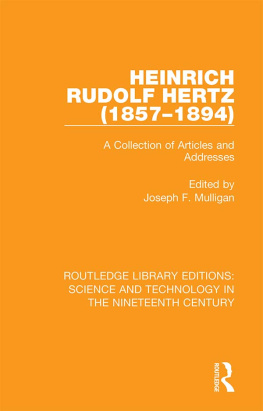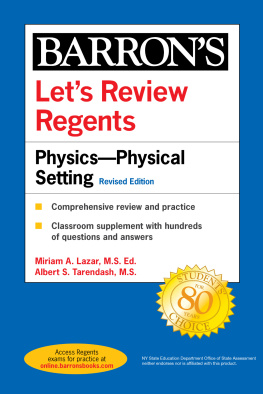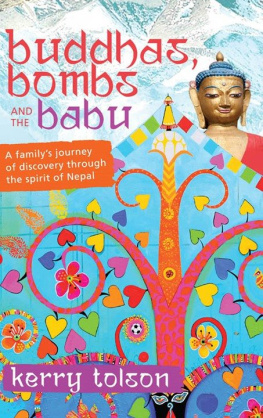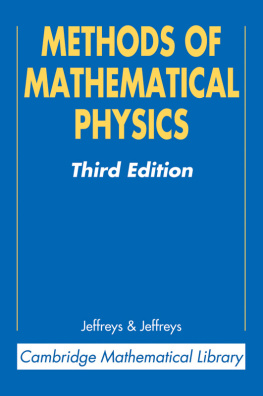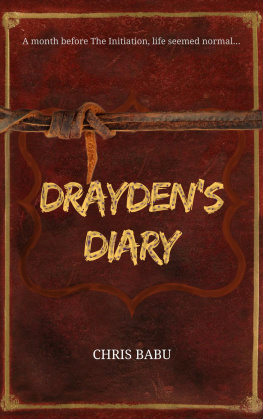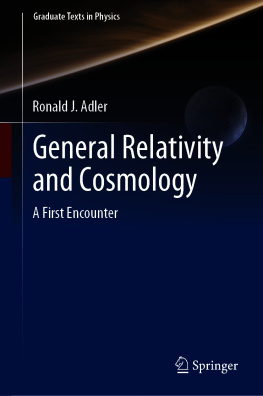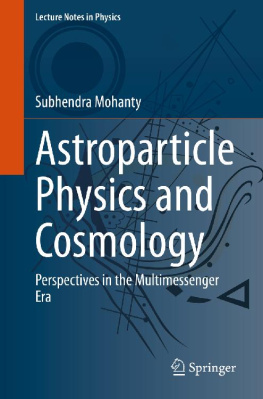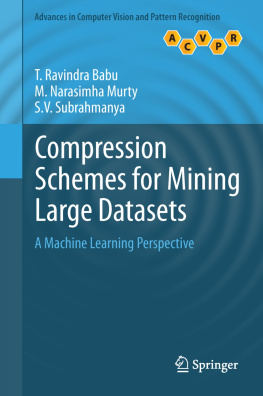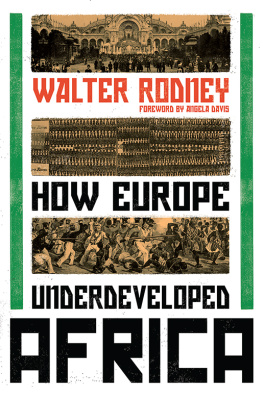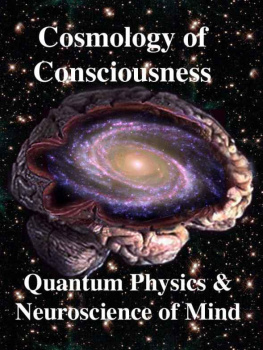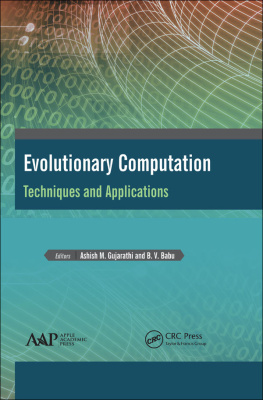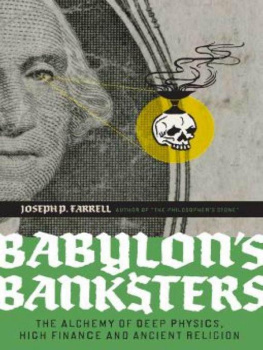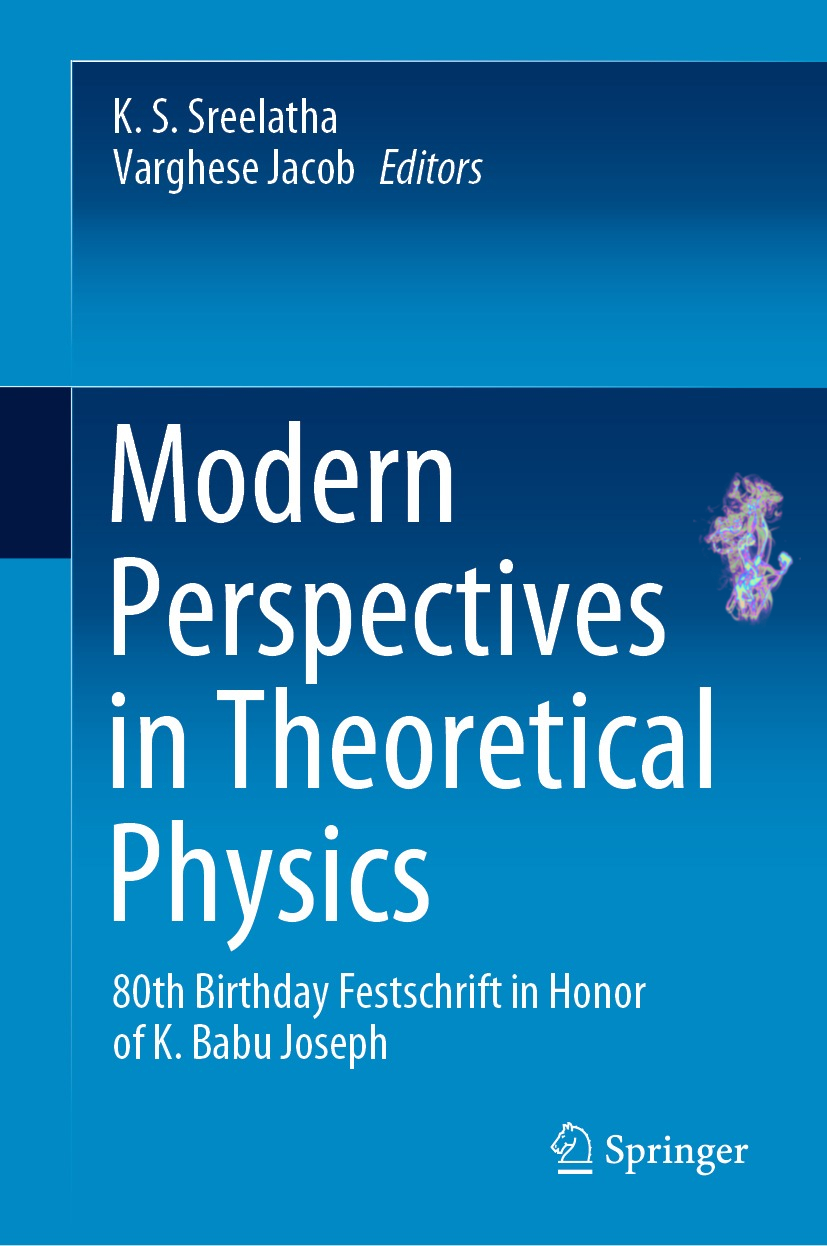Editors
K. S. Sreelatha
Department of Physics, Government College Kottayam, Kottayam, Kerala, India
Varghese Jacob
Department of Mathematics, Government College Kottayam, Kottayam, Kerala, India
ISBN 978-981-15-9312-3 e-ISBN 978-981-15-9313-0
https://doi.org/10.1007/978-981-15-9313-0
.
For more FREE books, visit:
www.tofrontierthinker.blogspot.com/
.
.
Foreword by P. P. Divakaran
I first met Babu Joseph sometime in the mid-1970s in connection with the Ph.D. qualifying examination of one of his first students at the then not-so-old Cochin University of Science and Technology. After that, my occasional visits, for various purposes, continued over many years; especially memorable was the decade that followed immediately and I am now happy to remember my friendship and association with several of Babu Josephs students, some of whom subsequently became stalwart members of the CUSAT physics faculty. It was an exciting time: several of the areas of research in which CUSAT became an active and respected participant were already beginning to produce new results. It was an exciting time also for the values of good science in Kerala. The hard struggle to save Silent Valley from those who would destroy our natural heritage was at its height, a battle in which CUSAT played its due role. My visits gave me, personally, a ringside seat from which to experience the power that a committed community of citizen-scientists can wield.
Babu Josephs own high standards, both in the choice of problems on which he and his students worked and in the manner in which they were solved and written up, played no small part in making CUSAT such a stimulating place to be at. To this must be added his personal qualities: generousity, open-mindedness and hospitability. This is not just my personal experience; I know many visitors to CUSAT who will heartily endorse it.
Babu Josephs main scientific interest has always been physics at its most fundamental level which, at that time, was concerned mostly with the description and understanding of the physics of elementary particles. The high point of that period was the organisation of one of the regularly held national high energy physics symposia (in the winter of 198081, if memory serves) by him. It was among the very best of these symposia, with a wide participation of distinguished high energy physicists from India (and a few from outside). Among the many memories I have of it, two stand out: scientifically, the several unofficial or informal sessions, full of passion and noise, devoted to a particular theme or a particularly interesting new piece of work; socially, the warm efficiency with which everything was organised and conducted.
Subsequently, Babu Josephs urge to go to the roots of interesting intellectual/rational issues extended to areas of fundamental physics other than particle physics, quantum field theory, etc. and even to complex systems which are not generally considered part of physics. Along with that came an increased sense of responsibility to his institution where he served first as the head of his department and then as the vice chancellor. Everyone knows that the position of the vice chancellor of a university, starved of essential fundingespecially if it is not a central universityand subject to pressure from various institutions and authorities, is not a bed of roses. But CUSAT survived and thrived, as seen most clearly in its collaboration with the Inter-University Centre for Astronomy and Astrophysics (Pune) in the seeding of a culture of top-level research and teaching in various educational institutions across Kerala. It is a tribute to Babu Josephs role in promoting this very fruitful collaboration in the field of astronomy/astrophysics/cosmology, of which, Kerala must remain forever conscious.
After his retirement from CUSAT, what I think of as Babu Josephs true vocation has come fully to the forefront of his life. His search for an intellectual understanding of the philosophicalhistorical foundations of modern science and his love of writingand of the literary life in its broadest meaninghave come together in his life as a writer, the author of dozens of articles and several books in Malayalam. They have had an impact on Keralas intellectual life, keeping the flame alive at a time when many in our nation were engaged in a futile search for science in the mythical productions of certain periods of our past. These endeavours culminated in his role in the founding and continued health of the Malayalam magazine Ezhuthu. The life of the mind is not dead.
To become 80 years old is not a handicap. Michelangelo was in his mid-80s when he designed and supervised the building of the great dome of St. Peters Basilica in Rome. Nilakantha, our own great polymath from somewhat earlier, was 80 or more when he completed his masterpiece, his bhasya of Aryabhatiya. Onward!
P. P. Divakaran Formerly Professor of Physics, TIFR, Mumbai
Foreword by M. Lakshmanan
Young people often look for a role model to shape their careers. It is more so for people in the field of science. Professor K. Babu Joseph has been one such towering personality for many youngsters in the southern part of the country, particularly for those who are pursuing scientific research. Professor Babu Joseph rose from the ranks of active young theoretical physicists in the early 1970s to a Professor of Physics and Head of the Department of Physics and then as a Vice Chancellor of Cochin University of Science and Technology (CUSAT), Kochi, to reach the pinnacle of his career. It is very apt that his grateful former research students have joined together to bring out this very useful festschrift Modern Perspectives in Theoretical Physics on the occasion of his 80th birthday, and they should all be congratulated for their efforts.
Professor Babu Josephs scientific interests have been vast and wide in theoretical physics. He explored deeply many areas such as quantum field theory, cosmology, nonlinear dynamics including solitons and chaos, mathematical physics and economics besides other topics and has published more than 150 research articles in his long academic career spanning more than four decades. He has trained more than 20 scholars towards their Ph.D. degrees. Many of them have emerged as leading theoretical physicists on their own and have led or are leading strong teams of active young researchers in different institutions of repute in the country. Professor Babu Joseph should be a satisfied person on this count.
Professor Babu Joseph has been a very successful administrator, both as Head of the Department as well as the Vice Chancellor of CUSAT during19972002. His calmness, uprightness, charming smile and friendly disposition towards all have endeared him as a great personality, and he is loved by one and all.
I had the good fortune of knowing personally Prof. Babu Joseph quite well since the late 1970s, and we have mutually visited each other at our institutes (and of course our homes as well). He has been an excellent host, and our research scholars had the benefit of visiting each others institutions for scientific collaborations. I highly value his friendship and I am grateful to him for his kindness.


